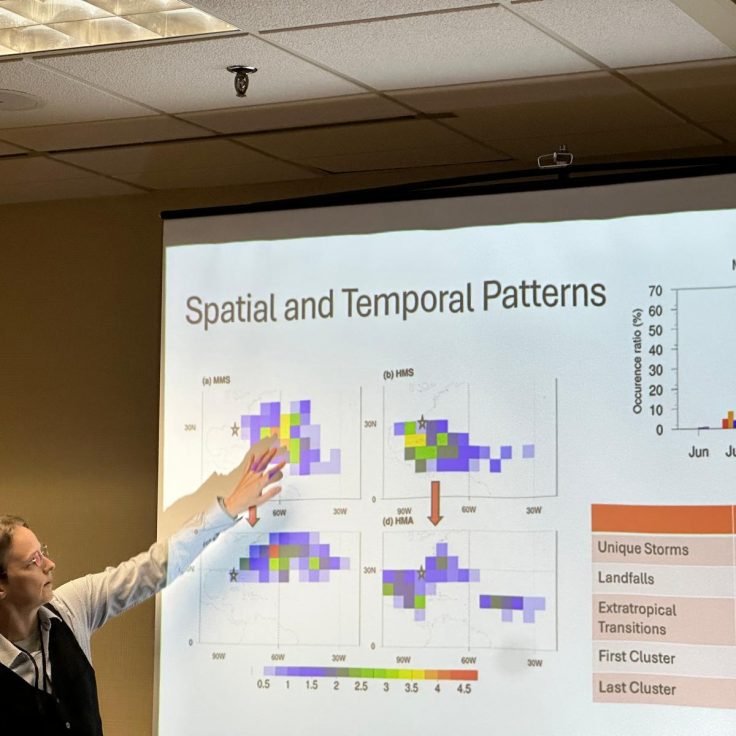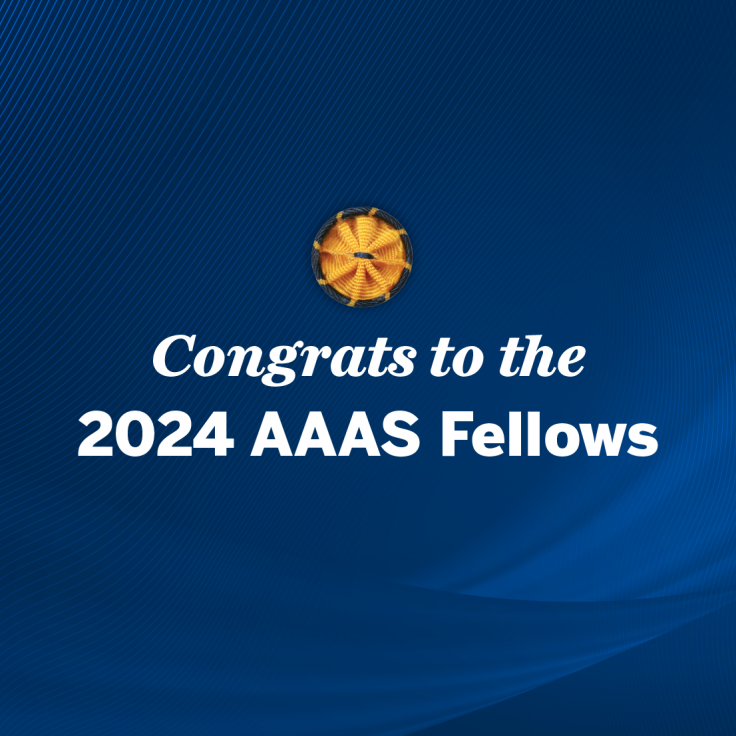
UF Researcher Helps Confirm Ancient Primates Once Walked with Dinosaurs
Though it doesn’t quite corroborate The Flintstones, a new study featuring UF geology assistant professor Courtney J. Sprain confirms that the earliest known primates did walk with the dinosaurs.
Published in Royal Society Open Science (opens in new tab), the study analyzed 65.9 million-year-old fossils of the early primate Purgatorius, the oldest genus in a group of primates called plesiadapiforms. The study found that these small mammals, who mainly lived off a diet of insects and fruits, likely emerged in the Late Cretaceous, just before the extinction of the dinosaurs.

“Our results are exciting because they provide evidence that the ancestor of all primates lived alongside the dinosaurs,” Sprain said. “They also help us understand how our ancestors separated themselves from other species competing in the aftermath of the mass extinction that killed the non-avian dinosaurs.”
Bringing together researchers from across the United States, Sprain became involved with this project during her graduate program at the University of California, Berkeley, in 2012.
“Part of my PhD thesis, and work I’ve continued today, has been to work alongside paleontologists to better determine the timing and rates of terrestrial ecological change around the Cretaceous-Paleogene mass extinction,” Sprain said.
The study analyzed fossilized teeth of the primates found in the Hell Creek area of northeastern Montana. Using their expertise, Sprain and her colleagues dated the locality of these fossils, determining the age of the region where the fossils were found. Along with helping to date the primates, this work also allowed the team to correlate the site to other paleontological sites across the region.
“Overall, this discovery helps shed light on some of the earliest events that led the way for the evolution of our own species,” Sprain said.
The study was led by Gregory Wilson Mantilla, University of Washington biology professor and the Burke Museum Curator of Vertebrate Paleontology, and Stephen Chester from Brooklyn College and The Graduate Center, City University of New York. Additional researchers include: William Clemens, University of California Museum of Paleontology; Jason Moore, University of New Mexico; Brody Hovatter, University of Washington; William Mitchell, Minnesota IT Services; Wade Mans, University of New Mexico; Roland Mundil, Berkeley Geochronology Center; and Paul Renne, University of California, Berkeley.


